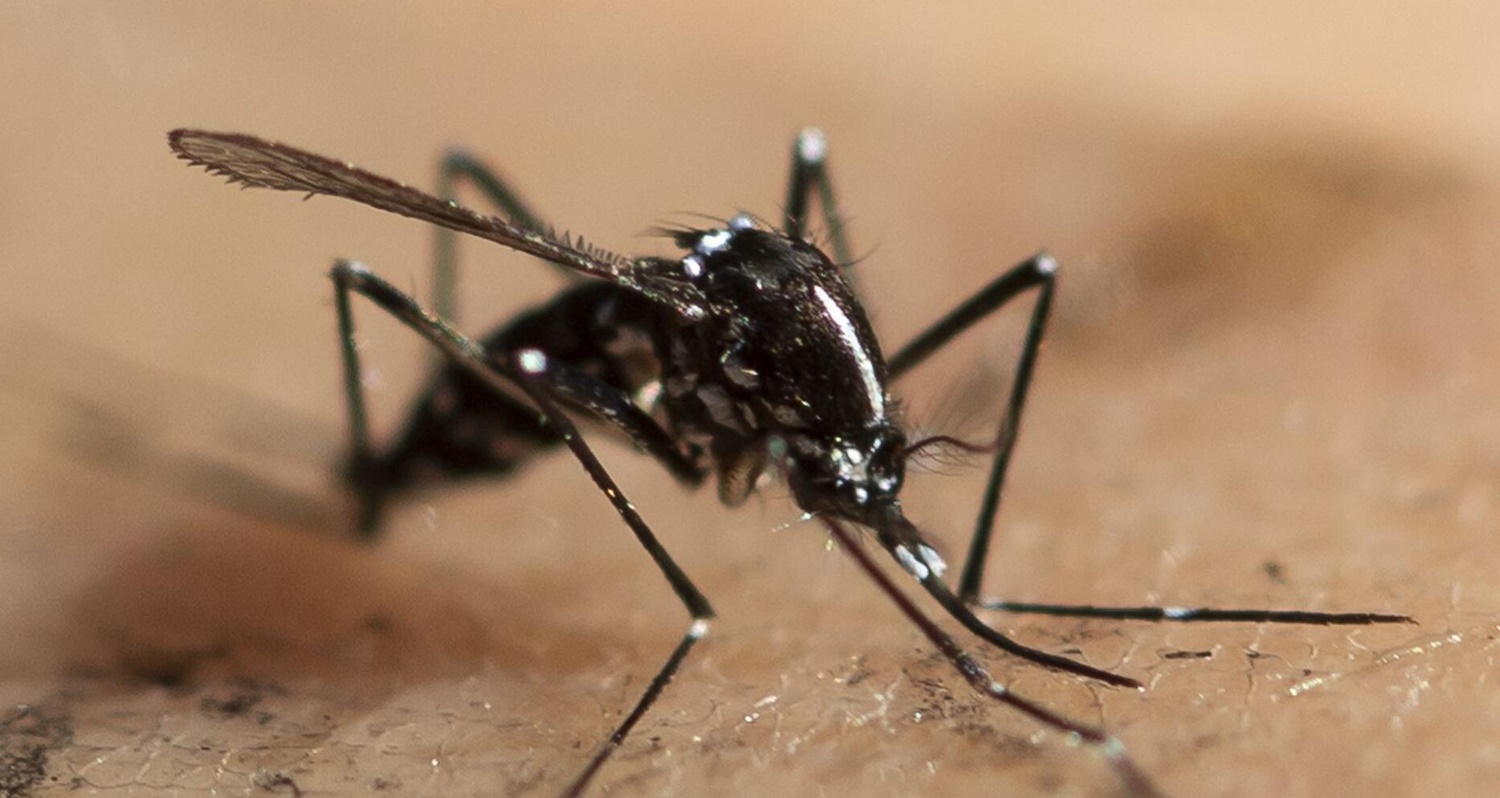Asian tiger mosquito continues to spread in Europe
In the course of climate change, more and more species are spreading in Europe that for a long time only lived in southern countries.

This also includes mosquitoes and the pathogens they transmit.
The EU health authority ECDC warns of an increasing risk of mosquito-borne diseases due to the changing climatic conditions. The Asian tiger mosquito (Aedes albopictus), a known vector of chikungunya and dengue viruses, among others, is spreading further north and west in Europe, the Stockholm-based authority said.
The yellow fever mosquito (Aedes aegypti) has therefore established itself in Cyprus since last year and could also spread to other European countries. It transmits dengue, yellow fever and Zika viruses, among others.
Consequences of climate change
The reason for the growing danger is climate change. Europe is getting warmer, heat waves and floods are becoming more frequent and severe, summers are longer and warmer, ECDC wrote. This creates more favorable conditions for invasive mosquito species such as Aedes albopictus and Aedes aegypti. Ten years ago, the Asian tiger mosquito was detected in 8 countries in the European Economic Area (EEA), now there are 13. The number of regions affected has almost tripled over the period.
In recent years, a geographical spread of invasive mosquito species to previously unaffected areas in the EU and EEA has been observed, said German ECDC Director Andrea Ammon. “If this continues, we can expect more cases and possible deaths from diseases such as dengue, chikungunya and West Nile fever.” The focus must be on controlling mosquito populations, improving surveillance and personal protection measures enforce.
Potentially deadly pathogens
The Asian tiger mosquito has been at home in southern Europe for some time and has also been spreading in Germany for some time. It can transmit dozens of viruses, including potentially deadly pathogens such as dengue, chikungunya and zika viruses.
In Germany, there is no known case of such an infection, but there are in neighboring countries: In southern France, for example, Zika infections caused by native tiger mosquitoes have been reported several times. There have been proven dengue infections in Madeira, Croatia and France, for example. Chikungunya outbreaks have also occurred in the Mediterranean region.
Danger looms not only from exotic mosquitoes
In addition, exotic mosquitoes are not the only potential carriers of dangerous diseases in Germany: a few years ago, the Robert Koch Institute (RKI) recorded infections with the West Nile virus, which originally came from Africa, in sick people in Germany for transmission through native mosquitoes declined.
Because the pathogen can hibernate in mosquitoes in Germany, experts expect an increasing number of cases up to larger seasonal waves of disease. Such outbreaks have been occurring in southern and south-eastern European countries for years.



